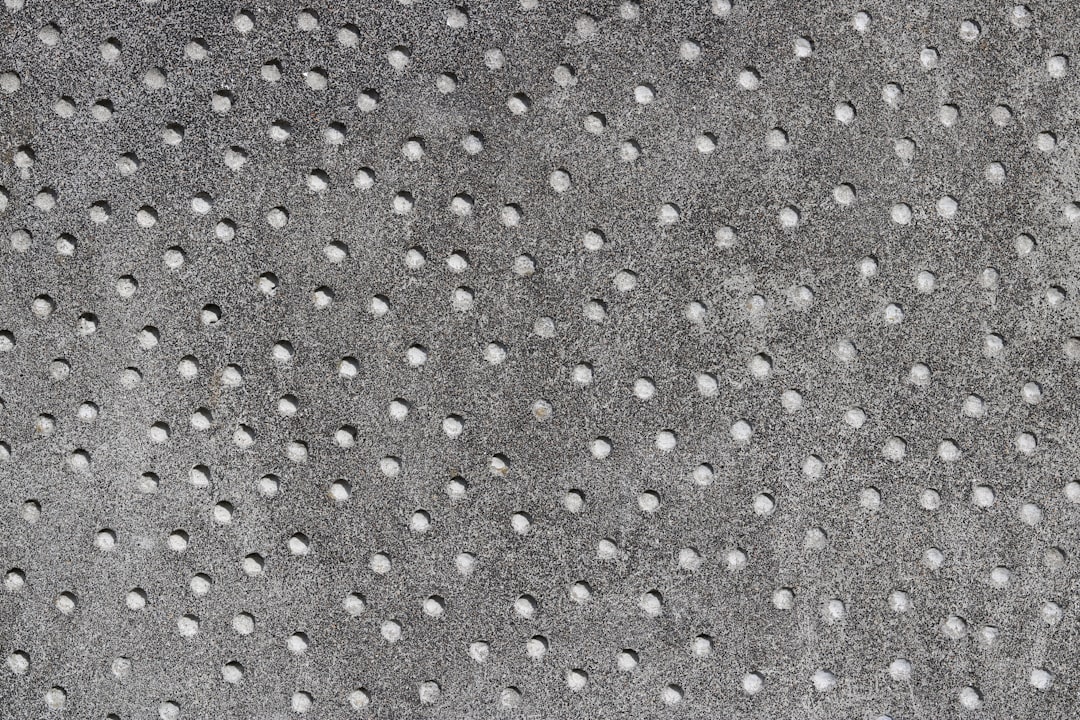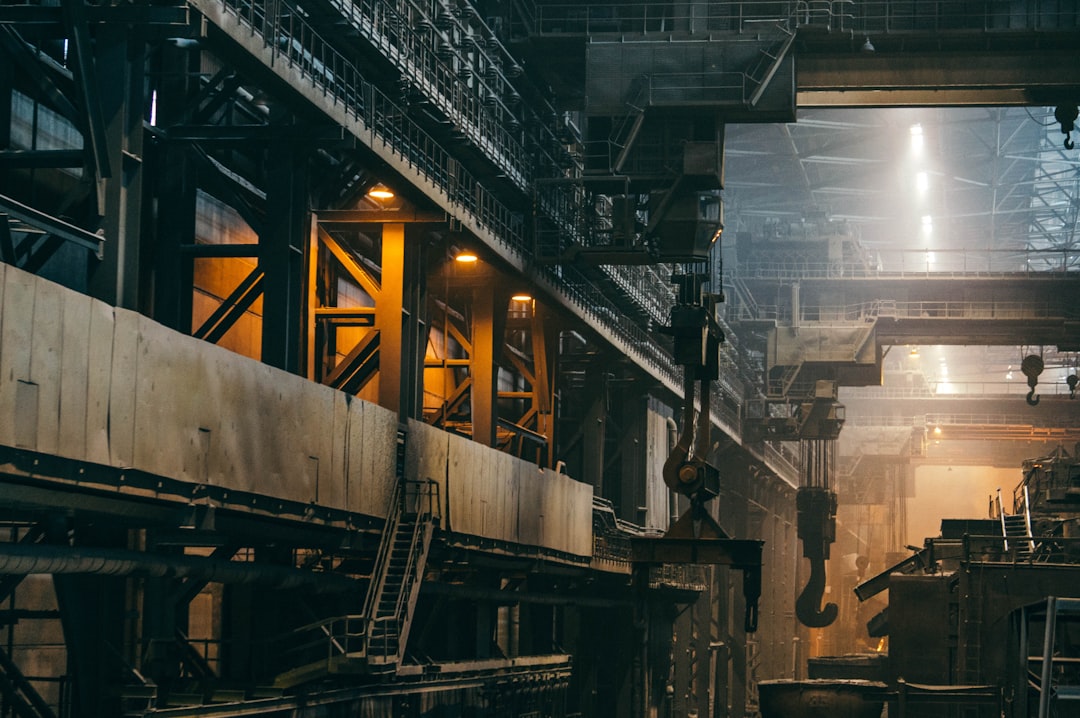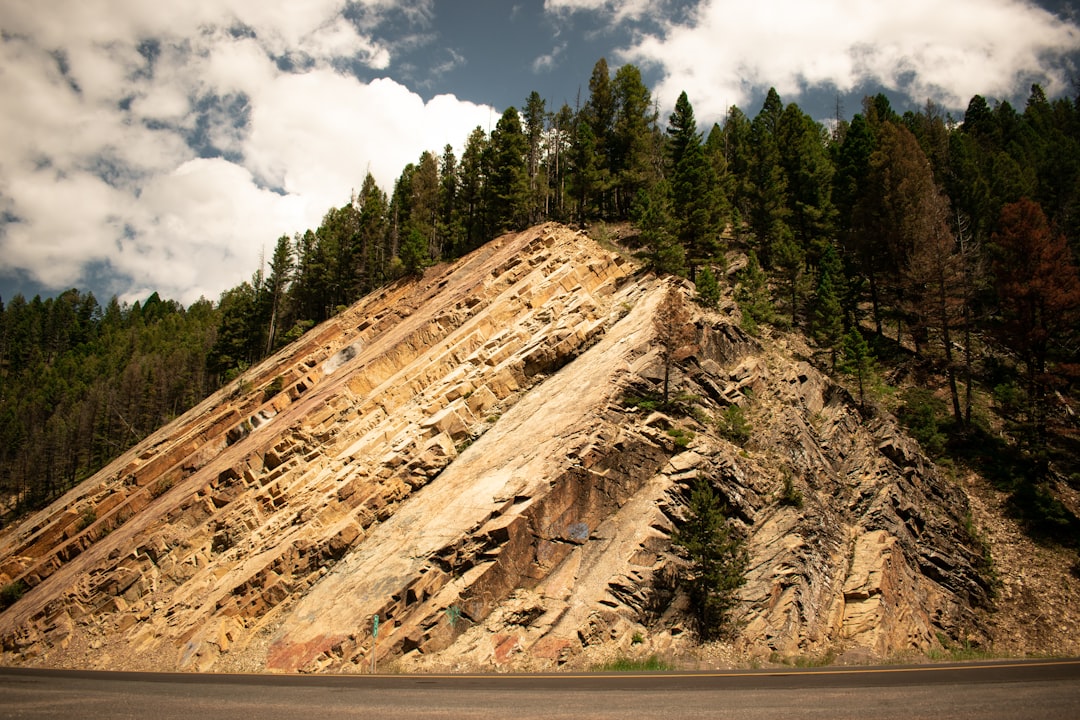What is it about?
This study presents results of ground-penetrating radar surveys conducted for the exploration of unexcavated tombs at the Kharga Oasis. These surveys were carried out on two ancient tombs. Two ground-penetrating radar anomalies could be detected in the archaeological site of Gebel El-Siwa; these anomalies are probably caused by a nearby tomb. By correlating the obtained data with the archaeological knowledge of the discoveries made in the surrounding areas, it was possible to interpret the linear reflectors as to be caused by the tomb. This study has been useful in providing archaeologists with information on the expression of this type of ancient Egyptian necropolis tombs at Kharga.
Featured Image

Photo by Fernando Santos on Unsplash
Why is it important?
Because archaeological studies at the Kharga Oasis are limited, the motivations for the present study are providing interpretable examples to archaeologists with information on the GPR expression of this type of ancient Egyptian necropolis tombs at Kharga.
Perspectives
The present study has been very useful as it has provided the archaeologists with information on the GPR expression of this type of ancient Egyptian necropolis tombs at Kharga. More advanced processing should be implemented in the future in order to image in greater details the manmade structures now buried under ground.
Mohamed Ebraheem
New Valley University
Read the Original
This page is a summary of: Ground‐penetrating radar reflections and their archaeological significances at two ancient necropolis tombs in Kharga Oasis, Egypt, Near Surface Geophysics, October 2020, Wiley,
DOI: 10.1002/nsg.12127.
You can read the full text:
Contributors
The following have contributed to this page










